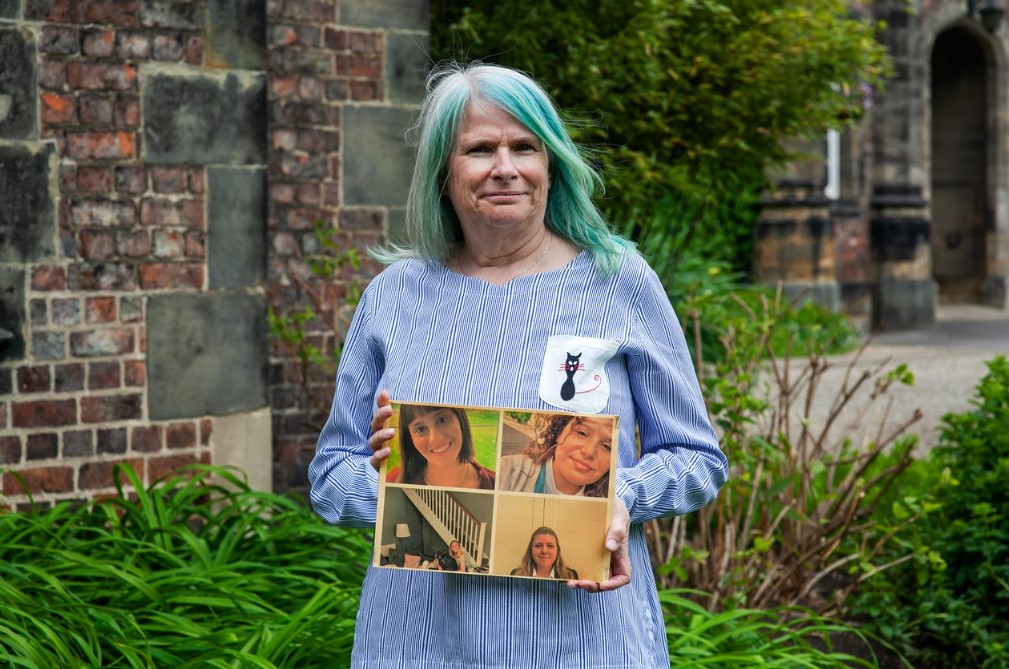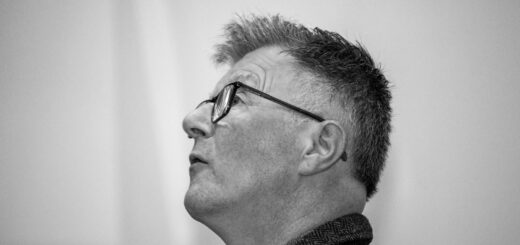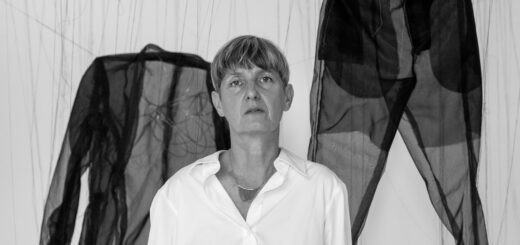The Inspire Project: Jan Hanson
July 11, 2022

Who is Jan Hanson?
I am a 56-year-old freelance Specific Learning Difference (SpLD) study skills tutor, assistive technology trainer, and workplace coach. This means I support university students that have a disability and/or neurodiversity and receive Disabled Students Allowance (DSA) with strategies for completing their degrees. I also do this work for people who receive Access to Work by looking at workplace coaching strategies and training for assistive technology.
I live in a small village on the edge of the North York Moors, and I have lived here for the past three years; before then I lived in Essex and commuted into London to support students in London universities.
What is your Ph.D. and why did you choose to study at York SJ?
 I'm currently a second-year Doctorate in Education (EdD) student who is coming to the end of the taught part of the program. My proposed thesis is about finding out why there is a gap in support for neurodivergent and disabled final year students when they move from university to either a graduate scheme or employment. I chose York St. John university because I liked the setup of the EdD program with the fact that there are two years of taught support before having two/four years to complete your thesis. I also like that there are only ten of us in our group as I would find it very difficult with my neurodivergence in a large group for any face-to-face sessions.
I'm currently a second-year Doctorate in Education (EdD) student who is coming to the end of the taught part of the program. My proposed thesis is about finding out why there is a gap in support for neurodivergent and disabled final year students when they move from university to either a graduate scheme or employment. I chose York St. John university because I liked the setup of the EdD program with the fact that there are two years of taught support before having two/four years to complete your thesis. I also like that there are only ten of us in our group as I would find it very difficult with my neurodivergence in a large group for any face-to-face sessions.
What is your PGR journey, and did you overcome any obstacles pursuing your studies?
My PGR journey started at the age of sixteen, which was forty years ago when several teachers wrote me off as someone who would never amount to anything because I had failed all of the nine O-Levels I had sat. At this point, my neurodivergence was undiagnosed. I was diagnosed with dyslexia when I was thirty, dyspraxia at the start of my EdD, and ASC in November 2021. I have always wanted to prove these people wrong because I have felt that the system failed me, and I did not deserve the label of thick and stupid just because my way of thinking and working did not fit a logical specific way of being examined/tested.
To get to where I am today, I have had to jump through so many different hoops because my way of learning and my journey has not been conventional as I have got my qualifications through my profession rather than going directly from school to university. I achieved my degree whilst holding down a full-time job and had two young sons and my husband. They are my inspiration because they have always had the belief in me that I can do it. My husband and I have been together for forty years.
He has stood by when every educational journey has got tough and in helping me get diagnosed. I had a stroke when I was twenty-eight and our youngest son was eleven weeks old, who was then diagnosed with a heart condition. I am pleased to say we are both well and he is now my proofreader as he loves the English language and how it is constructed, while I still find it a bit of a mystery. My eldest son helps with the computer side of things, ensuring I have the correct technology to assist with the hours of typing I do. He is also the one that has encouraged me to follow my dreams and I want to say a massive thank you to my family because without them, I could never have come this far.
Who inspired you to study for PGR and why?
The inspiration for my thesis has been my students. I have seen the gap in their support and that has inspired me to try to make things better for them in the future. I have been working with these students for five years, therefore I've seen several of them when they started as first-years and have now graduated. It is essential that there is continuity and joined-up thinking to enable them to be confident about their neurodivergence, so this doesn’t manifest into a mental health issue if they start masking in a new work environment.
I have been working with these students for five years, therefore I've seen several of them when they started as first-years and have now graduated. It is essential that there is continuity and joined-up thinking to enable them to be confident about their neurodivergence, so this doesn’t manifest into a mental health issue if they start masking in a new work environment.
How important is it to have the inspiration to drive your PGR?
Inspiration and passion are paramount to drive you forward with your PGR because otherwise it will stumble, and falter and it will make the long hard days of coding unbearable. If you have inspiration and a purpose, you will be able to break down each step and know there is a reason and an inspiration behind them.
What would you say to others who are thinking about PGR studies but have doubts about their personal abilities or confidence?
No matter who we are, we all have the impostor syndrome of thinking we should not be doing PGR studies. On several occasions, I have considered that the university has been wrong. How did I slip through the net to get onto the EdD because I do not belong on it? This is usually when there is an assignment due, or I have thoughts about receiving my feedback. If you have a passion and an inspiration plus a fire in your belly, then do not let anybody tell you, you cannot do it. If you have a belief and dream, don’t let anybody try to take it away from you. Always be inspired.
How would you like to thank your inspirations in words or this blog post?
For my family, to let them know that I cannot do this without them. They are my rock. They always know the right things to say to motivate and encourage me. Thank you, and I love you. For my students, past, present, and future, who keep inspiring me, keep pushing me, keep challenging me and keep providing me with evidence and data. Thank you.
Photography and Interview by Ginger Liu.
I spent the first year of my Ph.D. living with imposter syndrome but that all changed when I passed my review. Yes, Ginger, you are a researcher. If I took a self-portrait right now, I could describe myself as a PGR. That belief has taken a lot of years and I owe it all to my aunt. Who is your PGR inspiration?




